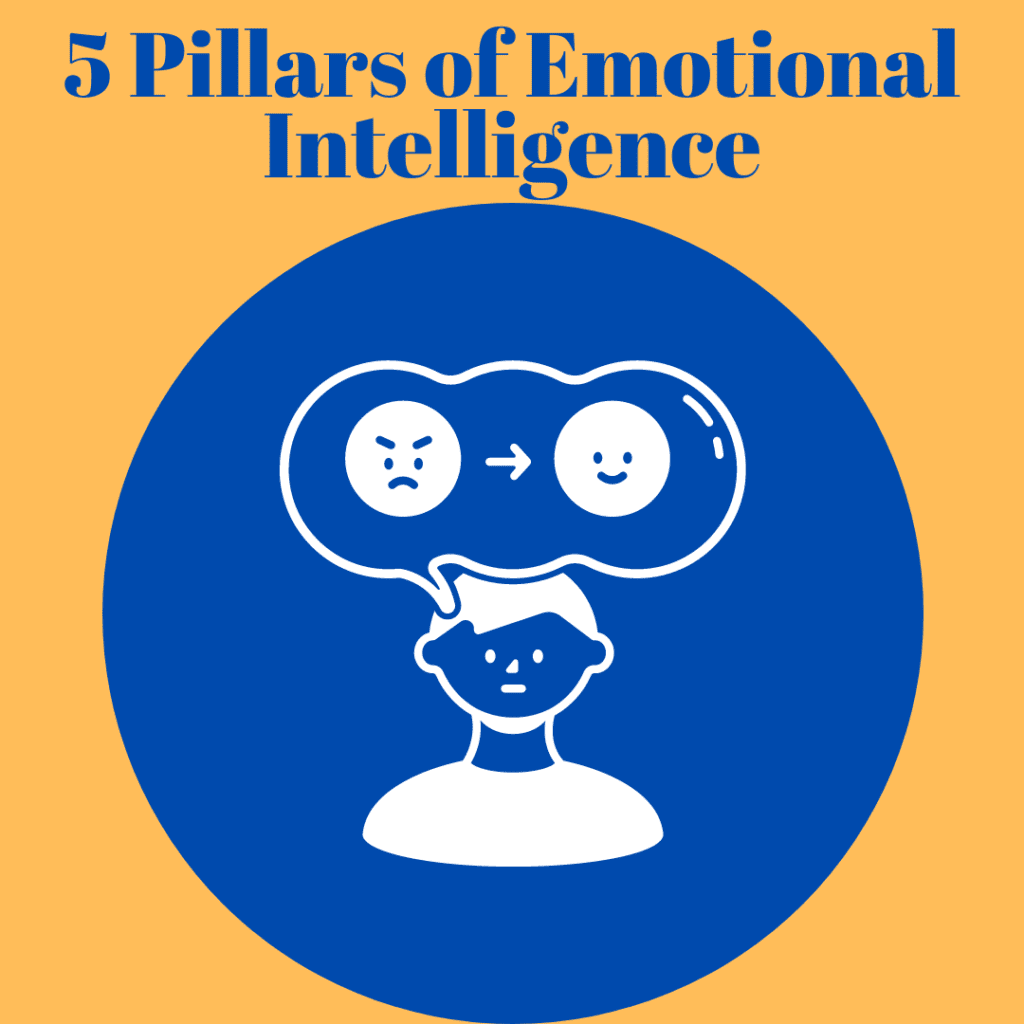Imagine for a moment that your emotions are a person. Better yet, a young child on the verge of a temper tantrum. Now imagine that you’ve somehow agreed to allow this young tempered child to drive the vehicle that holds you and everything else you care about. Sounds chaotic and a bit irresponsible right? This is what it’s like to allow our emotions to be the driving force of our waking lives.
Instead of allowing ourselves to be driven around by our emotions who will inevitably take us in a dizzying path for as long as we let them, it’s crucial that we get back into the dominant seat of our lived experiences. Of course we can’t kick our emotions out of the car. They are a part of you after all and can serve as valuable messengers. Instead, they now get to sit in the backseat and have no say in any major life decisions, responses, or attitudes without your permission.
Here is Emotional Intelligence
Emotional intelligence is about mindfully managing our emotions and not permitting our emotions to joy ride around our life in a way that leaves unnecessary damage. It’s about facing the emotions that naturally rise and fall in a non-judgmental way, and giving them the caring space needed to express and share their message.
What’s interesting about the English language is that words identify us with emotions. For example it’s normal to say, “I am mad” or “I am sad”. While other languages such as Spanish or German would roughly translate the expression as, “I feel mad” or “I feel sad”. See the difference? English offers no separation between you and the emotion. Whatever we hear, say, or think often enough becomes our belief and begins to stand true. Ultimately, you are not your emotions. Rather, emotions happen to you and for you.
Times of Stress
It goes without saying that we are living in emotionally charged times. A lot is unfolding and falling apart at a rapid rate, leaving far too many in a state of perpetual stress. Harnessing the tools of emotional intelligence can make all the difference right now, if not for you, then for your family, neighbor or friend. These turbulent times can serve as a practice ground for earning such emotional finesse, a skill that we can take with us into all the passing phases of life to come.

Emotional Intelligence 5 Pillars
There are five main pillars to Emotional Intelligence:
- Self-awareness – you always know how you feel and you know how your emotions and actions affect those around you.
- Self-regulation – you know how to practice staying calm; you stop yourself from projecting your hurt or frustration onto others; you don’t make emotional decisions; you know your values and hold yourself accountable.
- Motivation – you know what you are grateful for and you create things to look forward to; you practice optimism and you know where you stand.
- Empathy – you know how to put yourself in someone else’s shoes; you are a patient listener; you pick up on body language and can be considerate to other people’s feelings.
- Social Skills – you communicate meaningfully; you are open to hearing bad news as much as good news; you can resolve conflict in a caring way; you celebrate others as they are.
We absolutely do not have to be dragged around by our ever fluctuating emotions. Challenging emotions are not inherently ‘bad’ and there’s no reason to avoid them when they come up for air. If anything, avoiding them only lays the seed for stress to continue growing. Instead, we can co-exist with our emotions in a healthy way. Consider the five pillars of Emotional Intelligence in times of stress as a foundation that can help keep you on track with this skilled effort.
By Melissa Aparicio, contributing author
We invite you to discover inspiring and effective ways to care for yourself and to serve others. Now more than ever, caring is what we all need most. Caring for our self. Caring for others around us. Life now demands caring, resilience and compassion like never before. So, become a Custodian of the Caring Movement and help create the world we need right now, the world we want for our future generations.
UCA resources available to help include the Turbulent Times Resources Center, Virtual Volunteering, radio show, publications and online store offering members huge discounts and always free shipping.

